ARTICLE AD BOX
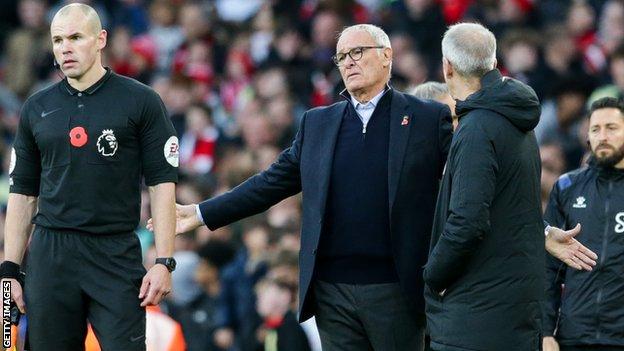 "When we put the ball out voluntarily, everyone expects [the opposition] to give the ball back to you," said Claudio Ranieri after Sunday's game at Arsenal
"When we put the ball out voluntarily, everyone expects [the opposition] to give the ball back to you," said Claudio Ranieri after Sunday's game at ArsenalWhen a team puts the ball out of play because of an injury on the field, should they then get it back?
The debate surrounding this football convention was opened up again on Sunday following Arsenal's winning goal as they beat Watford 1-0 in the Premier League at Emirates Stadium.
Prior to Emile Smith Rowe's finish, defender Danny Rose willingly conceded a throw-in near his own box with team-mate Ozan Tufan on the ground. But to the Hornets' anger, the home side opted to keep possession - and it ultimately led to their successful attack. There were a couple of potentially crucial extra wrinkles to it, but we'll get to those.
After the game, Watford boss Claudio Ranieri criticised the decision as "disrespectful", while Gunners counterpart Mikel Arteta insisted his side were "honest".
So, what is the right course of action - give it back or carry on regardless? Or is it more nuanced? Have a read and then have your say in the comments section.
'Keown was trying to get into the dressing room to get me'
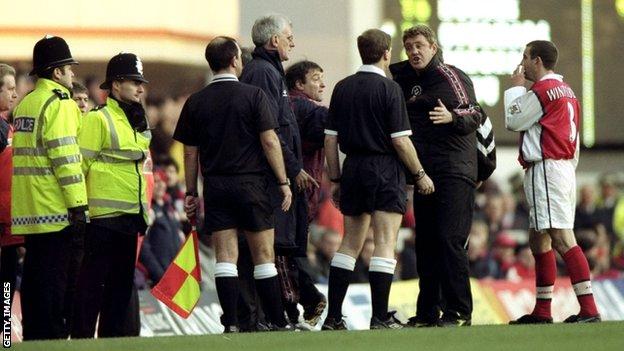 The controversy surrounding the return of the ball from a throw-in led to an FA Cup tie between Arsenal and Sheffield United being replayed in 1999
The controversy surrounding the return of the ball from a throw-in led to an FA Cup tie between Arsenal and Sheffield United being replayed in 1999Throwing the ball back after a side has put it out willingly has been common practice for decades - it's sportsmanlike, fair, "the done thing". In a game that occasionally sees its laws bent and sportsmanlike credentials questioned, it is seen as an unofficial rule by most.
You need only witness the fury when the convention is broken to see just how sacrosanct it is.
There was pandemonium at Highbury in an infamous FA Cup fifth-round tie between Arsenal and Sheffield United on 13 February 1999.
With 15 minutes to go and the score at 1-1, Blades goalkeeper Alan Kelly kicked the ball out of play so that striker Lee Morris could receive treatment following a foul.
Ray Parlour threw the ball back in towards Kelly but before it could reach him, and with the away players static, Gunners striker Nwankwo Kanu nipped in to collect before squaring it for Marc Overmars to finish into an empty net.
Outraged United players swarmed the referee, with some confronting Kanu, while manager Steve Bruce was incandescent with rage - at one point seeming to indicate his players leave the pitch.
The game continued and finished 2-1, but afterwards Arsenal boss Arsene Wenger said his side "did not want to cheat" and offered a rematch, which United accepted and the Football Association granted. Arsenal again won 2-1.
On Radio 5 Live's Monday Night Club, Chris Sutton told a story about a game in which he was playing for Blackburn in 1997, again involving Arsenal.
"We were 1-0 down and Arsenal's Stephen Hughes got injured and they put the ball out, just to waste a bit of time with a minute to go," said the ex-striker. "He sat down and we all agreed as a team that we needed to get back into the game.
"The throw-in came over Nigel Winterburn's head, I shut him down and he gave away a corner. It all kicks off.
"We then score from the corner through Gary Flitcroft, who whacks it in the top corner and we're off celebrating.
"Martin Keown [the Arsenal defender] was making threats at me for the next four minutes. I played on the left wing right by the tunnel and at full-time I sprinted off the pitch, up the tunnel, into the dressing room, into the toilet and locked the door. Keown was trying to get into the dressing room to get me."
'You don't have to give it back to someone'
But for all the fury, there is nothing in the laws of the game to say that the ball must be given back.
And there is little the referee can do to intervene without improvising, such as starting play with a contested drop-ball instead of a throw.
There is also no obligation for teams to put the ball out in the first place for a player with a suspected injury, with the match official in control of stopping play for serious injuries, most notably those involving the head.
Some of the onus then is on players to remain vigilant and not switch off, even when they expect to have the ball given back to them. Above all, play to the whistle.
Such situations are not always so cut and dried, either, with Sunday's incident a good example.
After Arsenal opted to keep the ball following Rose's concession of a throw, two key things happened - Watford's Juraj Kucka won a defensive header and their winger Ismaila Sarr appeared to be fouled in the process of completing the clearance.
"It was more the foul on Sarr that was the problem," said former England defender Micah Richards on the Monday Night Club. "The referee got that decision wrong and that is where the confusion was.
"Rose kicks the ball out, that is OK. He didn't get the ball back and they play on. You roll on to the next phase of play and there is a foul in there and that didn't happen.
"Kucka could have got rid of the ball and he didn't, so they got punished for that. VAR could have brought it back for a foul.
"You don't have to give it back to someone. Arsenal have been accused of being weak and naive in the recent past, so credit to them."
Over to you. What do you think? You can vote below and also give your opinion in the comments.
If you are viewing this page on the BBC News app please click here to vote.

- Our coverage of your Premier League club is bigger and better than ever before - follow your team and sign up for notifications in the BBC Sport app to make sure you never miss a moment


 3 years ago
65
3 years ago
65
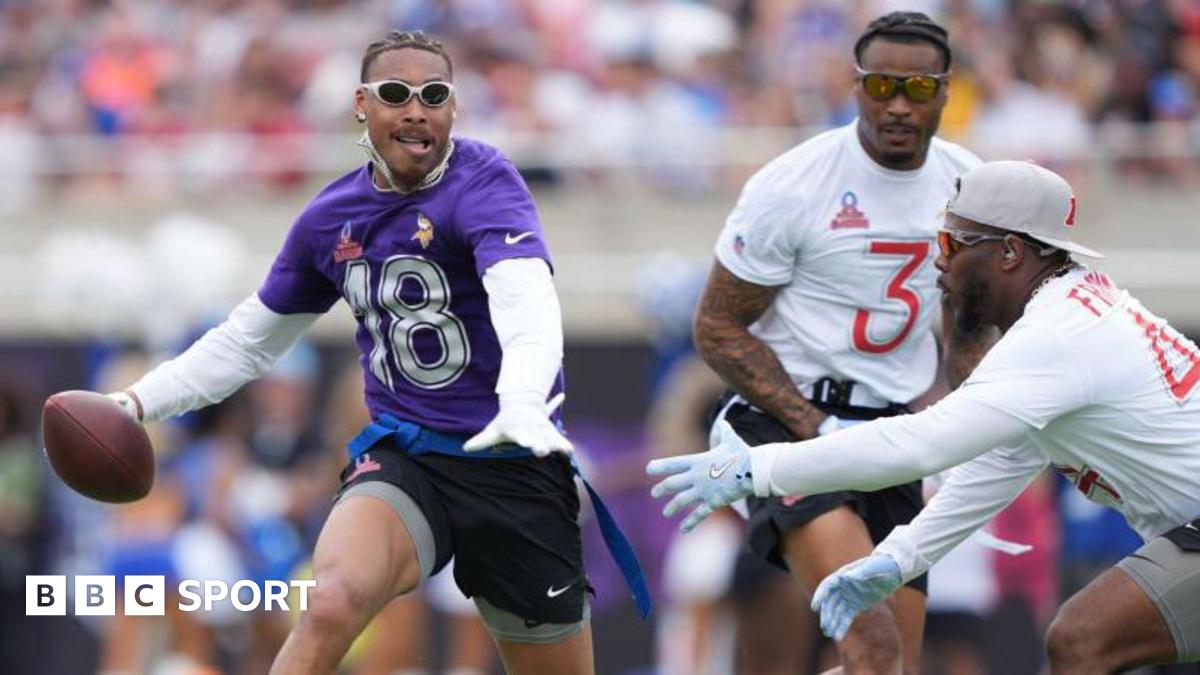
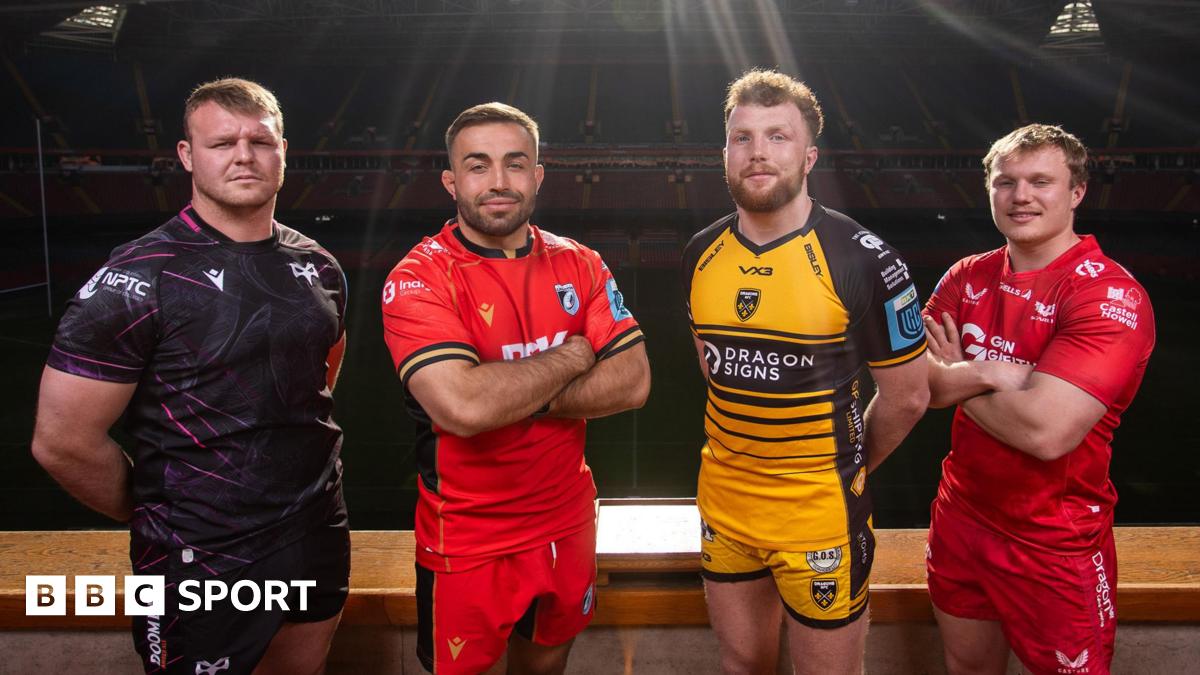
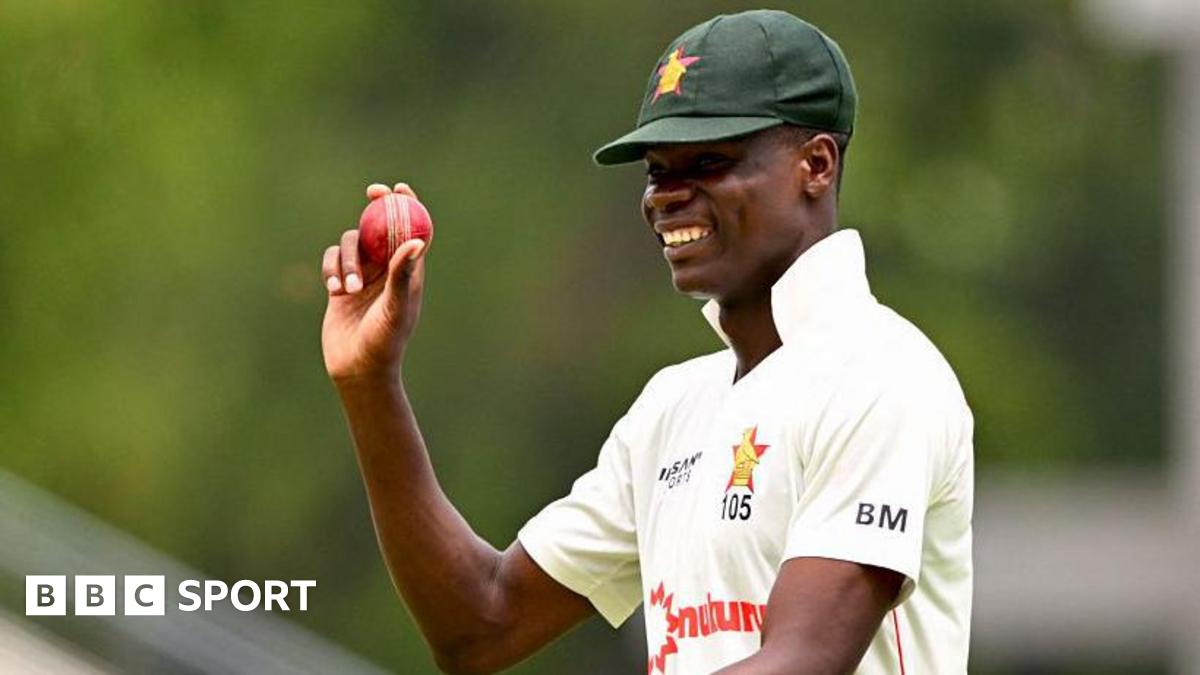





 English (US) ·
English (US) ·